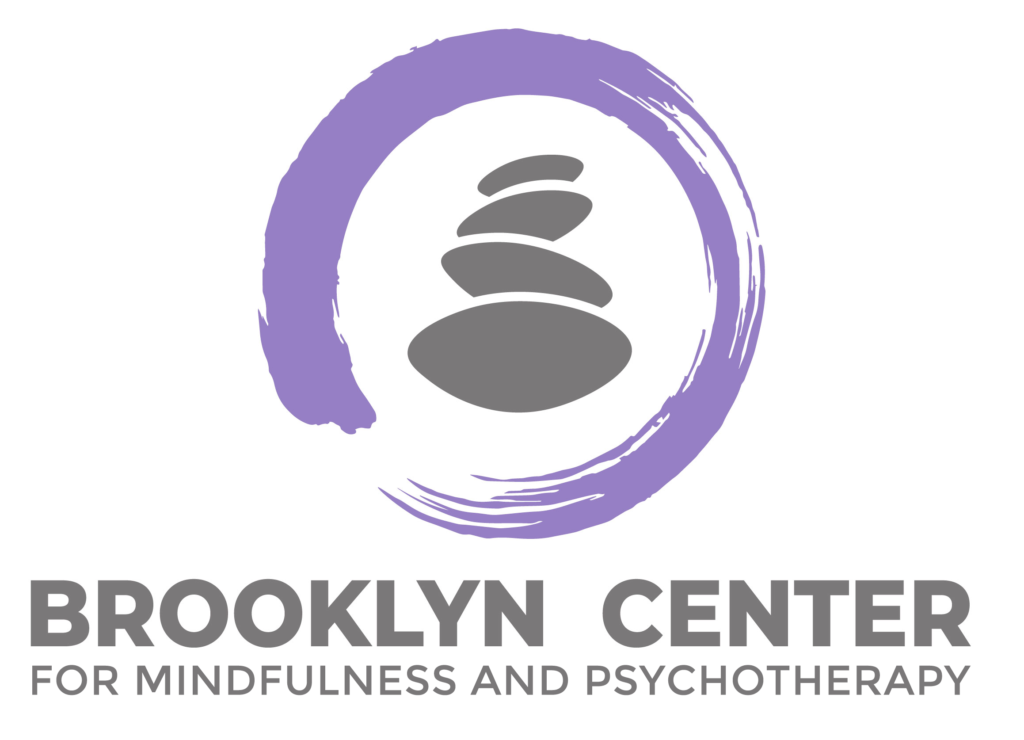Acceptance and Commitment Therapy New York
- Home
- Acceptance and Commitment Therapy New York
2 Top-Rated ACT Therapists in Brooklyn
1. Liza Mordkovich, LCSW

- Education: Masters degrees in art therapy and counseling, masters in social work with a concentration on mental health
- Services: Individual psychotherapy, biopsychosocial assessments, coaching
- Specializations: Perinatal mental health, anxiety, sleep issues, obsessive compulsive disorder, phobias, panic disorder, personality disorders, couples therapy, depression, trauma/grief and ptsd, ADHD
- Therapeutic Orientation: Cognitive behavioral therapy, acceptance and commitment therapy, dialectical behavioral therapy, exposure and response prevention for OCD, prolonged exposure, cognitive processing therapy
- Years in Practice: 20 years in practice and 12 years in private practice.
- Learn more about Liza Here
2. Gabrielle Jakob, LMHC

- Education: Masters in mental health counseling
- Services: Psychotherapy for individuals, couples and families and coaching.
- Specializations: Couples therapy, anxiety disorders, perinatal mental health, depression, trauma, ADHD.
- Therapeutic Orientation: Cognitive behavioral therapy, Gottman level 3, solution focused psychotherapy.
- Years in Practice: 15 years in practice
- Learn more about Gabrielle Here
Acceptance and Commitment Therapy New York
Acceptance and Commitment Therapy is an evidence based, action oriented behavioral approach developed by Dr. Steven C. Hayes. ACT stems from traditional Cognitive Behavioral Therapy. ACT can help you learn to find meaning in all of life’s experiences including the more challenging ones. Acceptance paves way to forgive hardships and in doing so, move forward with a commitment to change.

Did you know ACT is evidence based treatment for anxiety, depression, and obsessive compulsive disorder?
Acceptance and Commitment Therapy helps you find value and apply mindfulness and acceptance skills to how you react and respond. This is an empirically based intervention to increase psychological flexibility. We can not always control what happens in life but we can learn to adapt to life demands and situations.
Freedom is realizing you aren’t your thoughts, feelings or history.
Freedom is realizing you aren’t your thoughts, feelings or history.
Let's Connect!

“What we need to learn to do is to look at thought, rather than from thought”- Steven C. Hayes
Six Principles of ACT
Cognitive Defusion
This teaches you to change how you react and respond to thoughts and feelings. We can not limit our exposure to negative thoughts and experiences: the goal is to learn to confront and notice the negativity. By observing our reactions and responses, we build strength and immunity to how we react. An example: if the thought is bothering you, say the thought in a silly voice or sing the thought to a silly song!
Acceptance
Acceptance is the active choice to allow negative thinking and negative experiences. When we allow that which feels uncomfortable, we build tolerance.
Being in the Present Moment
This is the practice of being in the here and now in its entirety, without judgment and impulse to change anything. This is the practice of mindfulness. When we can experience without needing to change or predict what may happen. This is also the practice of observing the moment just as is. Mindfulness is also about slowing down and noticing.
Self as Context
We are not the sum of our thoughts, feelings and experiences. We are more complicated than the traumas and baggage we may have accrued in life. We are also not our anxiety or negative thoughts. We are the ones experiencing difficulties but not our difficulties themselves.
Values
These are the qualities that matter to us: we hold our values consciously or unconsciously, in or outside of our awareness. Our values shape the tools we gather to live in accordance with what’s important to us.
Commitment Action
Lastly, ACT encourages action. ACT does draw from other behavioral interventions with exposure, goal setting, and change methods. This is a step-by-step process to act towards building a life true to values and integrity.

“Almost all people suffer some form of intense inner pain at some times in their lives. The suffering might be depression, anxiety, substance abuse, or suicidal thoughts and it results from the battles we wage against our thoughts as we futilely try to get rid of our historie.” -Steven C. Hayes


